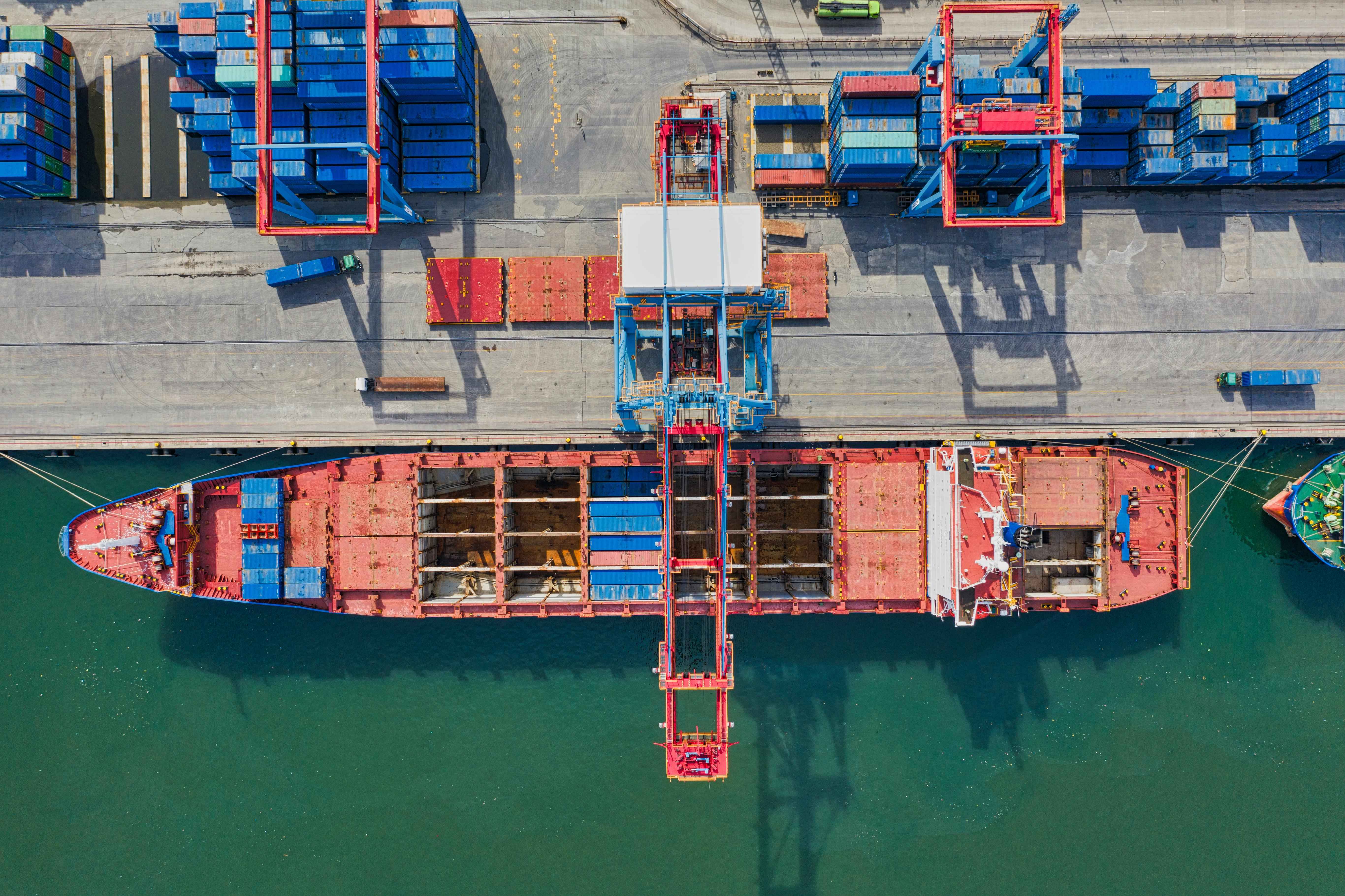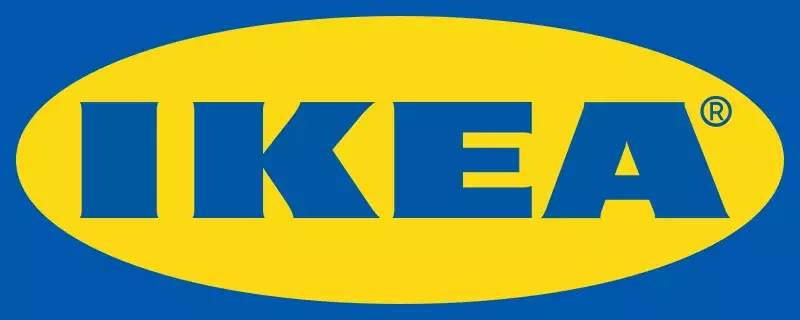- Industries
- Logistics
- How to tell if your TMS needs an update?
How to tell if your TMS needs an update?

Trusted by startups and enterprises:
Do you have outdated logistics software that is hindering your efficiency?
It's no longer a secret that transportation management systems (TMS) have become a vital component of business success for logistics service providers, carriers, shippers, and other stakeholders in the supply chain and logistics domain.
However, not all TMSs are created equally.
While some constantly evolve to help users grow their business, others lack functionality or use outdated technology, which can seriously harm your business growth.
And let's face it, only some companies need a super complex TMS with all the extras.
If you're a smaller company, a streamlined, user-friendly TMS might be just what you need - no point in overcomplicating things with a system that feels like it requires a Ph.D. to operate.
Usually, these outdated systems are difficult to adapt to the needs of different stakeholders.
This means your options will be limited, and you will have to report things in endless Excel spreadsheets.
And we know you don’t have the time to do that.
With the right TMS, you can focus on what really matters:
- simplifying your process
- reducing manual tasks
- growing your business
The benefits of upgrading to a modern TMS are undeniable.
However, upgrading your TMS often seems daunting.
So many logistics decision-makers postpone this decision and ignore the problem until the situation becomes unbearable for the business.
Implementing and integrating a TMS is a strategic move that can lead to cost reductions, not just in freight expenses, but more importantly, through better resource utilisation.
Ideally, you want a TMS that includes carrier management, real-time tracking, route optimization, and integration with other company systems like ERP and WMS.
Understanding transportation management systems (TMS) and how they can help you grow
As mentioned, TMS solutions differ widely in functionality, and the requirements of various stakeholders can also be quite diverse.
Many manufacturers still rely on manual processes or fragmented communication, such as emails, which can lead to inefficiencies and difficulties in gathering crucial information for effective planning.
A modern TMS addresses these issues by consolidating bookings, tracking, and analytics into a single platform, offering a clear and accurate overview of transportation activities.
Why you should consider implementing TMS in manufacturing:
- Increased efficiency: A TMS optimizes the booking process, simplifies document management, and improves communication with carriers, eliminating bottlenecks and enhancing resource utilization. This can lead to fewer delays and smoother production and distribution operations.
- Lower shipping costs: Advanced TMS platforms can compare carriers and shipping methods. Based on the nature of the goods, you can choose the most cost-effective options, leading to significant savings in transportation costs.
- Better supply chain visibility: A TMS provides detailed insights and analytics, enabling proactive planning and optimization. The results? Lower shipping and inventory costs, reduced risks of inventory imbalances, and the ability to anticipate and manage potential disruptions.
In essence, a TMS simplifies transportation booking, shipment tracking, and overall supply chain management, driving better decision-making and operational efficiency in the manufacturing industry.
Increase efficiency in your supply chain with the transport management system
How adept is your company at problem-solving?
If you, as a manager, are anything like the managers in the companies we've worked with, you’re probably quite proficient.
However, many find that the real challenge isn’t solving problems but identifying them.
Recognizing the problem is often a bigger part of the battle; the other half is finding the right solution.
For small and medium freight forwarders, the challenges often lie in fragmented processes, manual document handling, and limited real-time visibility into shipments.
These issues can lead to inefficiencies, errors, and delays.
This is where the transportation management system (TMS) comes in.
We developed a TMS for our client to meet the specific needs of small and medium freight forwarders. This solution integrates key functions into a single platform, automates routine tasks, and provides real-time insights.
Unlike larger, high-tech platforms that focus on big players, this system is designed to be intuitive and user-friendly, simplifying daily operations while preserving the personal relationships and trust that are crucial in the freight forwarding industry.
It supports everything from managing complex shipments and automating document generation to streamlining invoicing and task management, enhancing efficiency without disrupting the familiar workflows that these businesses rely on.
Key functionalities of the new TMS system include:
- Management of complex shipments and projects from one module
- Automated generation of shipping documents
- Structured invoice and credit note processes for accounts receivable and payable
- Task management on booking level
- In-system reports on bookings, invoices, tasks, financials etc.
- Intuitive design which focuses on and follows the workflow of freight forwarders
We focused on unique user roles to effectively address the diverse needs of stakeholders within the supply chain ecosystem.
The system is designed to support both internal and external participants in the freight forwarding business.
On the internal side, a “Super Admin” manages the system, with the ability to add new clients and assign users. This ensures that each client’s specific needs can be met through customizable user management and system configuration.
For external users, the system distinguishes between “Admin Users” and “Operation Users” based on their roles within the client organisation.
Additionally, the TMS connects seamlessly with various third parties, including exporters, carriers, agents, importers, and tax consultants, through standardised interface formats.
This integration ensured that all stakeholders, from internal users to external partners, were connected seamlessly, fostering effective communication and coordination throughout the logistics process.
As a result, potential misunderstandings and delays are minimised, leading to streamlined operations and improved overall efficiency.
Optimise your supply chain with our TMS expertise
The days of relying on gut feelings and outdated methods are long gone.
Today, those who embrace advanced technologies to gain insights and make informed decisions are leading the way in the logistics industry.
At ZenDev, we’ve worked closely with logistics companies for years, gaining deep insights into their unique challenges and opportunities.
We built a custom TMS solution for one of our clients, and through that experience, we’ve gained the expertise needed to help other businesses navigate the complexities of transportation management.
On top of that, we've assisted multiple companies in their TMS discovery process, helping them find the right tools to optimise their supply chain.
We know how frustrating inefficiencies from data silos can be.
That’s why our partnership starts with a detailed review of your existing systems, such as Transportation Management Systems (TMS) and Vehicle Management Systems (VMS).
But we don't stop there.
We assess your entire software landscape, including ERP, SAP, PIM, and CRM, to understand how everything functions together. Most importantly, we analyse whether these systems communicate effectively.
This in-depth analysis allows us to identify key improvements and help you eliminate inefficiencies, giving your business the competitive edge it needs.
Is it time to buy a new TMS?
Whether you need process optimization, seamless integration, or custom fleet management solutions, our tailored approach eliminates communication gaps and streamlines workflows.
With increased efficiency, reduced costs, and enhanced visibility into your supply chain, a TMS can be critical to success in the manufacturing industry. Selecting the right TMS for your business requires a deep understanding of your specific needs and requirements.
By clearly identifying your goals and challenges, you can ensure a smooth implementation and maximise the benefits of the system.
Partnering with us means we handle the entire process, from design and deployment to ongoing maintenance.
You don’t have to worry about technological bottlenecks - our scalable solutions adapt to your workload, regardless of volume.
If you’re already using a TMS, it’s worth evaluating the value it’s providing. It might be time to consider how you can enhance or upgrade your TMS for even better results.
Our team is here for you every step of the way, providing exceptional support and guidance throughout the process.
Interested in learning more? Book a call with our experts, and we at ZenDev will walk you through our solutions, working together to determine how we can help with your integration needs.
Project
See how Kalmar Cargotec achieved 103% efficiency gains with a custom mobile app. Read the case study & learn more about the solution that supports 17 languages.
Mobile development







